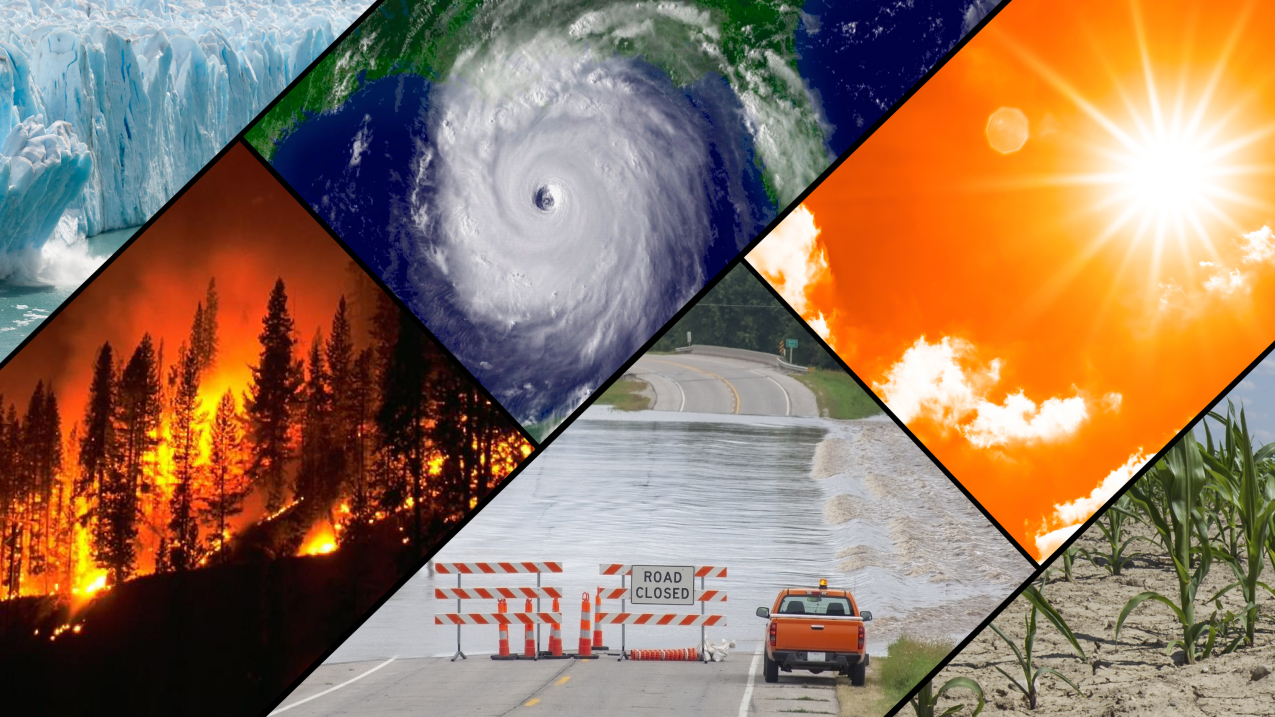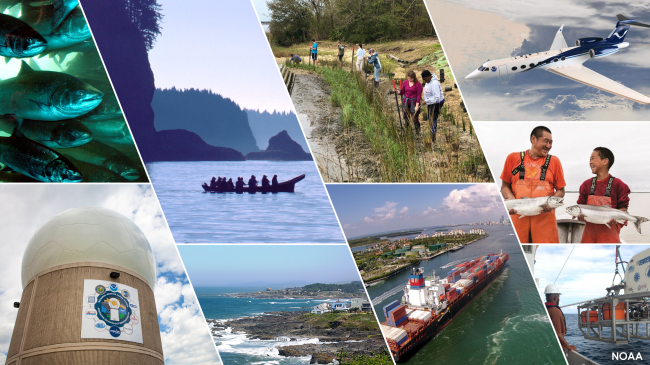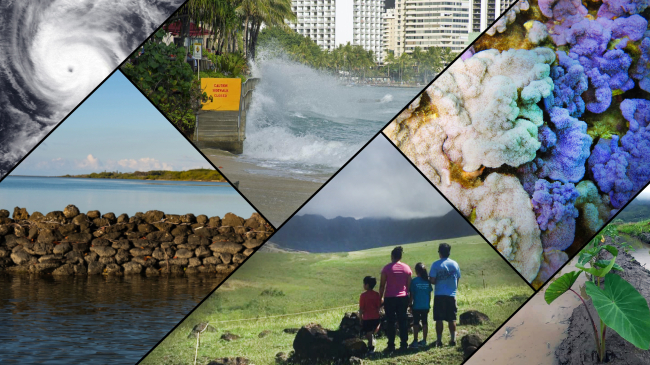Reaction to IPCC 6th Assessment Report from Working Group 1
Reaction to IPCC 6th Assessment Report from Working Group 1

A collage of typical climate and weather-related events: floods, heatwaves, drought, hurricanes, wildfires and loss of glacial ice. (Image credit: NOAA)




